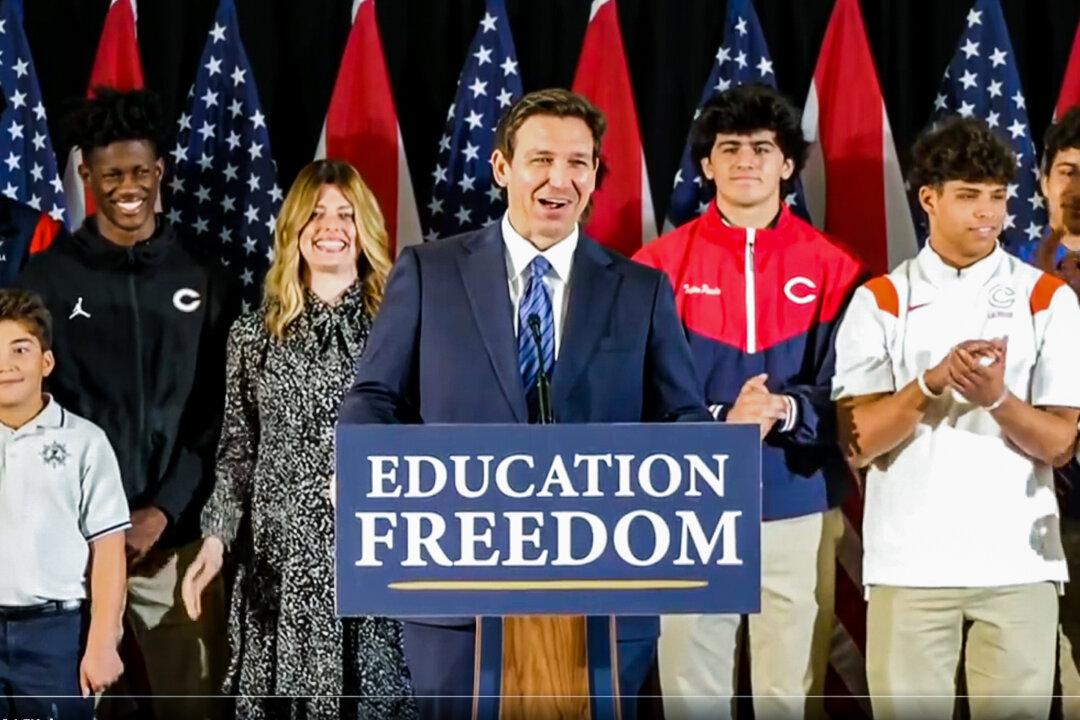The Florida Board of Governors voted on Nov. 9 to approve regulations regarding the implementation of a bill preventing public universities from using state or federal funds to support diversity, equity, and inclusion (DEI) initiatives.
The regulations govern how state universities must comply with Senate Bill 266, which was signed into law by Florida Gov. Ron DeSantis in May.




